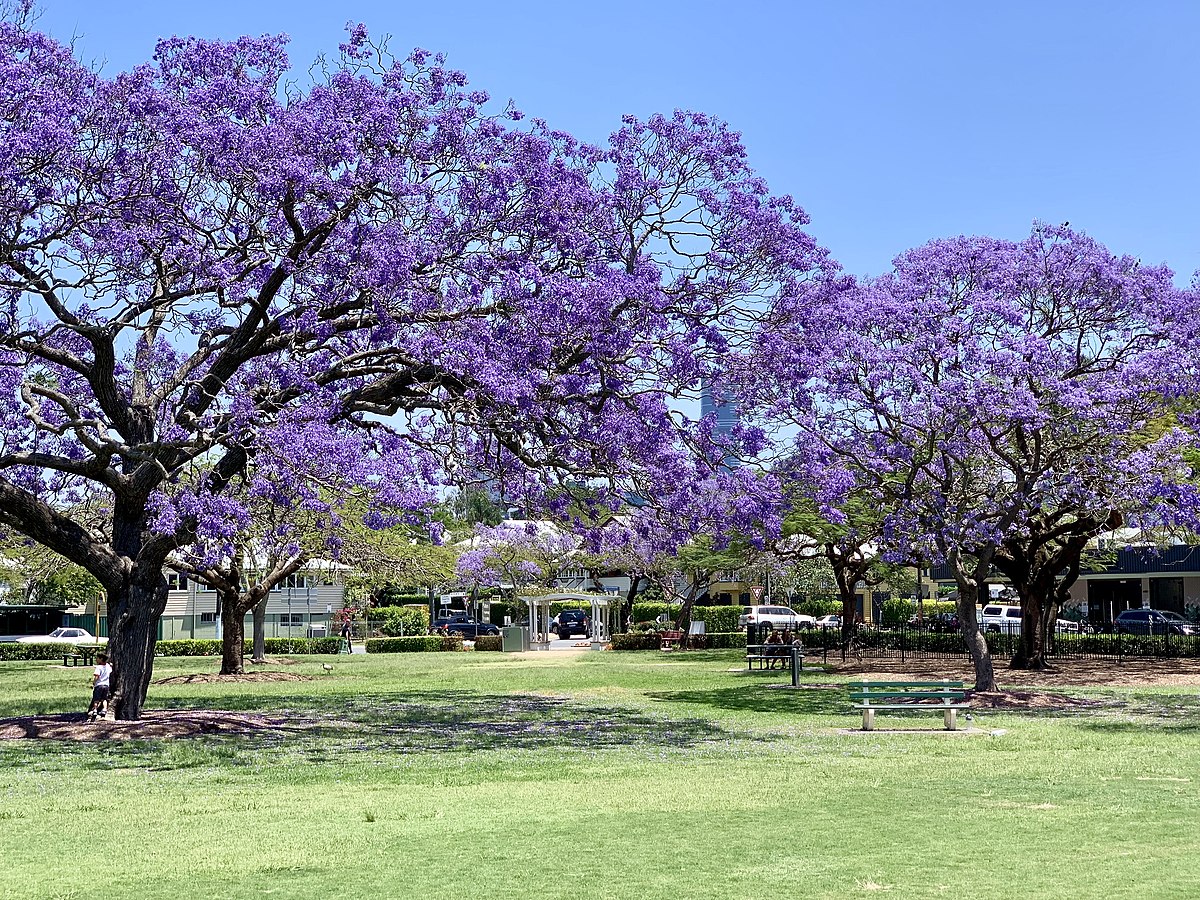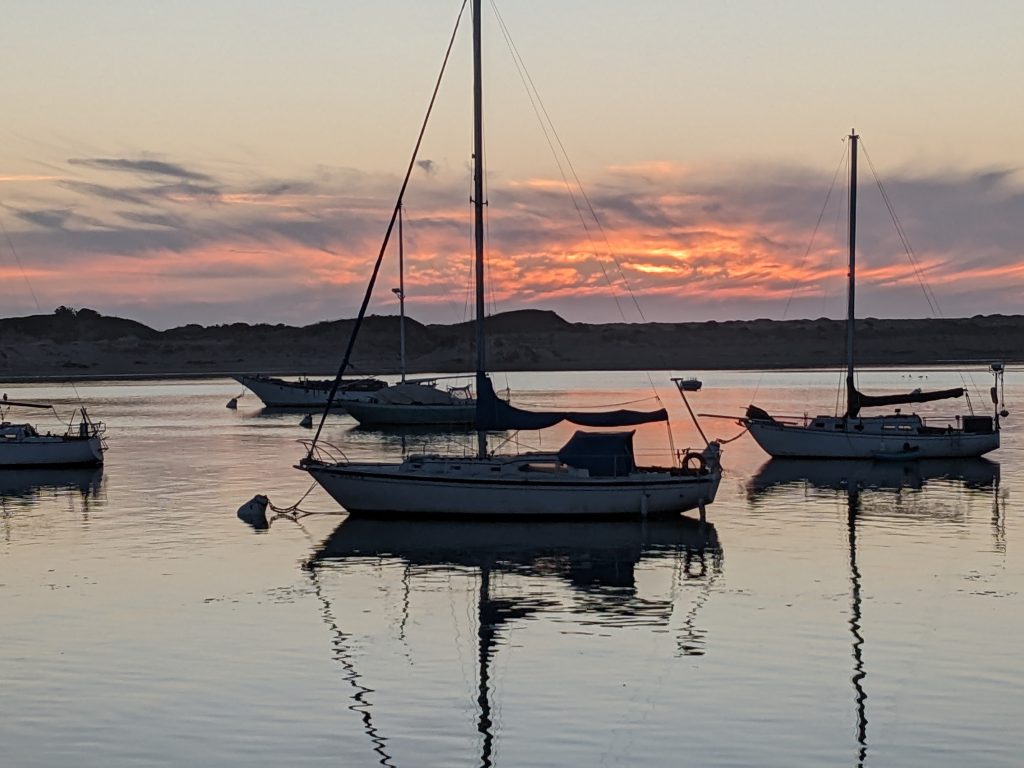We’re living in a tough time, where bigots and bullies are being accepted and where a lot of people are hurting. My personal indication that I needed to reassess what less-bigoted folks do around me (what they accept, whether they understand the implications of their acceptance) is hate mail, which is a lot better than when it was mob threats and Molotov cocktails twenty years ago. Back then I became a kind of go-to person for a bunch of people including government folk and community organisations who wanted advice on how to stop things spiralling down. This is because of my life experience, but also because of my academic specialisations. I won’t go into that here. I’ve talked about it a lot at conferences and published books and papers, so it’s easy enough to find out about.
Last time, I was a leader in the Jewish community. This time, I’m a writer and an academic. I suspect that’s the cause of the difference in how I’m being treated on a number of fronts. For the last decade I’ve had to begin afresh every single time I’m in a new environment. Sometimes it’s because I’m Australian: when I did my MA in Canada nearly 40 years ago, a heap of people assumed I’d left school early because my accent didn’t sound posh enough to them. The didn’t ask “What’s your background?” They ‘knew’ it from my accent. This is happening again. My entire specialist knowledge and life suddenly don’t exist, because Australians are not associated with these things in that person’s mind.
This is a minor version of one of the side effects of cultural bias. We don’t tend to accept the skills and knowledge of people we see as different to ourselves unless they prove it. My CV and forty years of work are not enough when people feel culturally threatened and don’t see that they feel this. They want me to go the apprenticeship route and they want to give me advice and if I follow the advice, then they might let me speak. This time, I’m not being asked advice. In fact, the opposite is happening. I’m being excluded far more, and reproached far more. Instead of the children and grandchildren of Nazis talking to me about how they can avoid repeating what their parents did, I find myself alone. This is a constant in my life and it can be very educational, but right now, it’s silencing me.
If I can be silenced, with all those years of helping people and giving workshops and speaking up… then a lot of other people are worse than silenced.
In quite a few ways, the problem is not with the bigots right now – it’s with those who accept the side effects of that bigotry, or who take what they see as neutral action that is less uncomfortable for them, personally. Silencing me is more comfortable for people who don’t want to learn about the cultural basis of prejudice, for instance, because these people may be setting up white-only or Christian-only or ‘folks I can drink at the pub with’ groups.
These tight little very supportive friendships, that exclude those who don’t quite fit (and that help so many of us through the impossible times we keep facing due to the pandemic and due to climate change and due to extreme politics) create a better environment for bigotry to flourish. Many good folks we know are not bigots, but they unintentionally create environments where bigots prosper and their victims are hurt. I look around at groups when I am verbally attacked. I look at the cultural composition of that group, and the personal background of those doing the attacking. How conformist are they? How narrow is their social circle? Could I be threatening simply by being myself?
Right now, when someone says “I’m not prejudiced,” it should be regarded as a red flag unless their environment demonstrates clearly that their actions reflect these words. Who is in their close social groups ie who can they talk to honestly? Is it people from the same background as them, or do they accept people from different backgrounds? How far are the people from different backgrounds forced to conform to be accepted? For instance, if there is anyone Jewish in a mainly Christian group, are they pressured to sacrifice their holy days for any reason and told that Christmas is standard? In another group, are lunch parties organised during Ramadan, excluding anyone who observes it? Are get-togethers organised without any consideration of friends who have mobility issues? I could give six pages of examples of this kind and not reach an end of them.
The bottom line, in all of these cases, is whether that close group contains anyone who has significant differences and if those differences are accepted as everyday and in need of respect, or if they are trodden on. How much does the individual from the not-quite-normative background have to sacrifice to be part of the group if they’re accepted into it at all?
There is a curious aspect of this sacrifice that demonstrates when there is a culture that’s dominant in a particular group. How much does someone speak for their friends? If something is wrong, do they sit down and nut it out, as equals, or do they explain how a problem can be solved without this nutting out? Who takes the intellectual high ground and why?
While we often recognise this approach when it’s clearly religious conversion, it’s can also be cultural conversion, directly from a person with a privileged majority background to someone who comes from outside this space. It can also be attempted gender conversion, or health conversion from those who believe firmly that invisible disability is a product of a poor approach to health and well-being.
This approach can stop the mutuality of conversation instantly, because it’s hard to explain why one’s life is so very different to the way that person is perceiving it. This isolates those who face any kind of prejudice.
The irony is that the person telling them how they can be a better person, or fit into the social side of things more easily is often genuinely trying to help the person from the minority background deal with problems. If this is the case, then a handy solution might be to research before suggesting answers, and accept that we all have specialist knowledge of our own lives and that we should be part of the research that feeds into advice about our lives.
People from non-majority backgrounds are often treated as less equal. That need for me to prove I can research and think, despite my two PhDs, or the need for others to explain Judaism to me, as if I’ve never thought about my own religion, are just a couple of the issues I face, personally. However, the range of ways these actions can be brought into conversations are huge, because cultural differences are huge and focusing on the needs of the privileged means we never learn how to see variations and to handle them. The skill we all need is how to see cultural variations and physical and intellectual and gender and… any part of humankind, and not to feel threatened, not to need to act to change the person to make ourselves feel safe.
These conversations are not equal because most of us lack the capacity to enter equally into conversation with someone we see as different to ourselves. I’m one of these people – I learn and I learn and I will never stop learning. The book I’m reading this week is Khyati Y Joshi’s White Christian Privilege, because if I falter on my commitment to learning then I am just as guilty as the people who have tried to give me ‘help’ these last three months. Every time someone has criticised me, I’ve asked around and done some serious research to find out why I was perceived the way I was, what I ought to be doing, and only feel as if maybe it isn’t all my fault when I discover that the person’s voice is not reflected in the voices of those I trust. Then I take the issue to the next step, which, currently is Joshi’s book: I need to see how everything looks from a range of views. I need to widen my own understanding of different cultures.
Then I make my own mind up about whether I myself am problematic, or whether someone is handling me in a way I need to be concerned about. These last three months, seven people have handled me in ways that, when I checked into it, I need to be concerned about.
A lot of people are silent when life becomes worrying due to this kind of issue. They might say to themselves “These two can sort it out” or “I don’t know anything about hate mail – I’ll just leave this one alone.” Silence may look supportive (and on occasion, it actually can be supportive) but it can also exclude someone who has been pushed to the periphery.
Declarations of ally-ship do the same when they’re not backed up with everyday action. Everyday action might be as simple as the friend who said to me “When is it OK for us to meet? How can I do this without hurting you?” A cup of tea and a good discussion is a very good first step, when silence can leave a person alone when facing vast problems.
So many allies say, “I am an ally because I’m leaving the solution to you.” For me, this is a red flag. I’ve heard it from too many people recently, relating to far too many different situations. Some involved me. Some involved people from other minority backgrounds and from other people with other disabilities.
It’s becoming easier not to take responsibility for what happens in our circles, I suspect, or to put that responsibility clearly on the shoulder of the person who is already burdened by bigotry. This is why the US, UK, Australia and a bunch of other countries have problems with increased racist abuse: we accept that far more than we accept our own responsibilities.
This post doesn’t have a clear ending, because it’s not that kind of subject. We need to talk.







